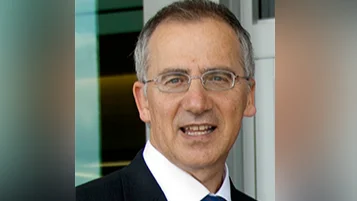
A new study involving UTHealth Houston, King’s College London, and the University of East London suggests that at-home brain stimulation could be a safe and effective treatment for depression. The research, published in Nature Medicine on October 21, 2024, examined transcranial direct current stimulation (tDCS), a noninvasive method that applies a weak current to the scalp via electrodes.
The clinical trial focused on tDCS administered at home by patients themselves. King's College London led the study, with Rodrigo Machado-Vieira from UTHealth Houston serving as co-author and lead investigator for the U.S. site. "The results from this study... may represent an important advance in the mood disorders field," Machado-Vieira noted.
Involving 174 adults diagnosed with moderate to severe depression, participants were randomly assigned to either active or inactive tDCS groups. Over ten weeks, they received sessions varying from five per week initially to three weekly sessions later on. Findings indicated significant improvements in those receiving active treatment compared to the placebo group.
Cynthia Fu of King’s College London highlighted the potential of tDCS as a first-line option for depression: “Our study has demonstrated that tDCS is a potential first-line option that could help those in need.” Rachel Woodham of the University of East London added that while no medical intervention is perfect, tDCS offers an alternative to traditional treatments.
Daniel Månsson from Flow Neuroscience praised the eight-year collaborative effort behind this publication: "Nature Medicine... speaks to the quality of the study design and results." Jair Soares from UTHealth Houston expressed hope for future availability of this treatment modality for mood disorders.